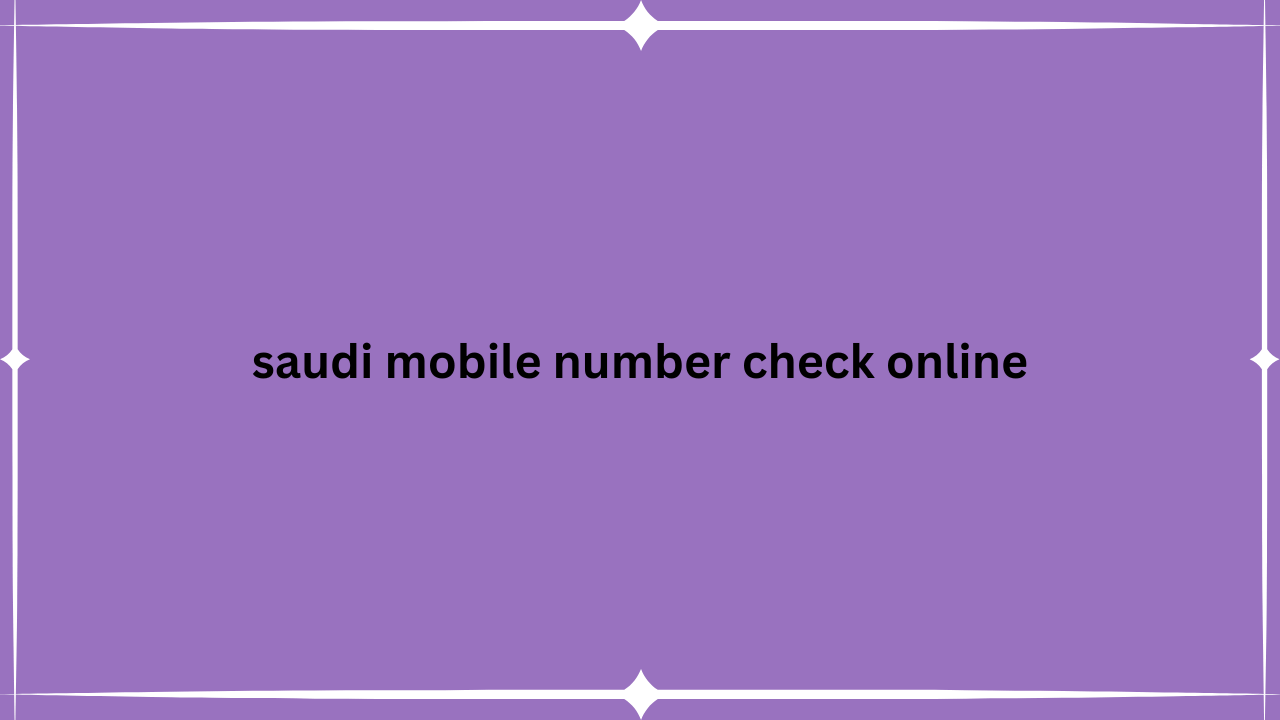Although it is one of the classic formats in digital marketing, one that has been part of marketers’ strategies from the beginning, email marketing continues to be one of the favourites. For marketers, it is important because they can control the message and the timing and because its cost versus return is balanced.
For consumers, the relationship with email marketing is a bit more complicated. Internet users are quite fed up with receiving spam and being dragged into an excess of messages from brands in general, which makes irrelevant emails annoying to them, but at the same time they are very receptive to emails sent via this channel and are experiencing a boom in newsletters, voluntarily signing up for multiple content deliveries.
Brands must therefore find a balance
They need to be able to offer consumers what they want and when they want to receive it, while positioning relevant mailings that help them convey the brand values they seek and, above all, close sales.
In general, as recalled in an saudi mobile number check online analysis by eMarketer, the basic problem is that brands often get carried away by their desire to send an email marketing campaign without thinking about what the consumer wants to receive and forgetting that consumer-centric campaigns are the ones that work best.
What the consumer expects
But what exactly do consumers want and what will meet their needs and expectations? A joint study by Dyspatch and SurveyMonkey, conducted on a database entrepreneurship and adaptability: keys to developing a growth mindset of American consumers, has analyzed exactly what consumers want and what they expect from email marketing campaigns. Most consumers want brands to suggest products to them and to learn from their habits and previous purchases.
59.4% of consumers surveyed want to receive product suggestions from brands based on their purchase history. This point wins out by a wide margin over other expectations. 22.7% want to receive recommendations for recently launched products and 17.9% want to receive groups of products selected at random.
Basically, consumers want, as eMarketer concludes. Email marketing campaigns to be relevant, have personal benefits and represent an opportunity to some degree. That is, the email sent must offer something.
Consumer response
Even so, and as important as the email is, brands powder data must accept. That turning that email into something tangible is not so simple. Another study recently indicated that 45% of consumers admitted that they had not done anything based on emails from brands in the last six months. In other words, the emails had not been a vehicle for any action.
Only 12% admitted that after receiving an email marketing campaign they had made a purchase. 20% visited the brand’s website and 12% visited the physical store.
So email marketing is not a miracle and will not sell massive quantities of products. Brands should not give it less value than it has and should not neglect it. What they should do is think very carefully about what they are telling using that channel and how.

